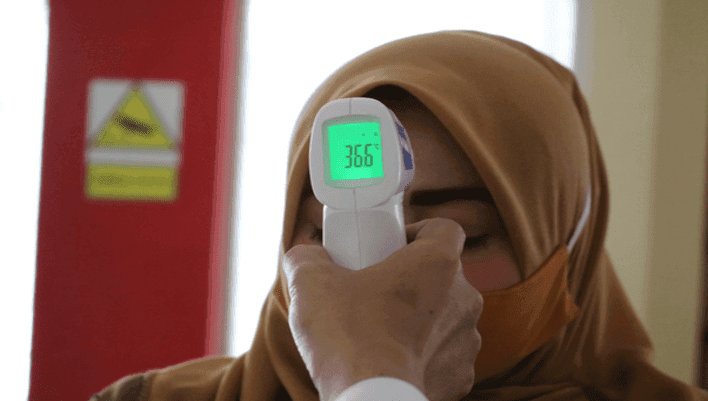Dengue Outbreak in the Americas Prompts Urgent Response

Record-Breaking Surge:
The Pan American Health Organization (PAHO) revealed alarming statistics indicating a significant surge in dengue cases across the Americas. As of the latest update, the number of reported cases has surpassed 5.2 million, eclipsing the previous annual record set in 2023. PAHO spokesperson Ashley Baldwin emphasized the severity of the situation, underscoring the urgent need for action.
Emergency Declaration:
PAHO Director Jarbas Barbosa declared a state of emergency due to the escalating dengue crisis. This declaration reflects the gravity of the situation and underscores the critical need for coordinated efforts to contain the outbreak.
Regional Impact:
The impact of the outbreak has been particularly severe in countries located in the southern hemisphere, with Brazil bearing the brunt of the crisis. In response to the surge in cases, authorities in Brazil, including those in Rio de Janeiro, have declared public health emergencies to mobilize resources and implement preventive measures.
Spread in Peru:
Peru, another hard-hit country, is grappling with the epidemic across 20 of its 25 regions. The government reported over 155,000 cases, with a distressing death toll of 146. The surge has strained healthcare systems, with hospitals overwhelmed by the influx of dengue patients
Seasonal Patterns and Preparation:
PAHO highlighted the cyclical nature of dengue outbreaks, with cases typically peaking in the first half of the year in the southern hemisphere and later in the northern hemisphere. As spring approaches in the northern hemisphere, authorities must remain vigilant and prepare for a potential increase in cases.
Factors Contributing to the Surge:
PAHO identified several factors contributing to the surge in dengue cases, including rising temperatures, extreme weather events, rapid population growth, and inadequate sanitation infrastructure. These conditions create conducive environments for mosquito breeding, exacerbating the spread of the virus.
Role of Vaccination:
While vaccination plays a crucial role in reducing the severity of dengue cases and preventing fatalities, PAHO emphasized that it cannot immediately halt outbreaks. Early detection, access to medical care, and effective mosquito control measures are essential components of the response strategy.
Mosquito-Borne Threat:
Dengue, transmitted primarily by the Aedes aegypti mosquito, poses a significant public health threat, causing flu-like symptoms and, in severe cases, potentially fatal complications. The virus's prevalence in urban and semi-urban areas underscores the need for comprehensive prevention and control measures.
Hospital Challenges:
Hospitals, overwhelmed by the influx of dengue patients, are facing unprecedented challenges. Facilities like Lima’s Hospital Sergio Bernales are struggling to accommodate the surge in cases, highlighting the urgent need for additional resources and support.
Preventive Measures and Global Impact:
PAHO emphasized the importance of implementing comprehensive strategies focusing on surveillance, mosquito control, and clinical management to mitigate the outbreak's impact. Given dengue's global endemic status, concerted efforts are necessary to address the threat posed by the virus across the Americas and beyond.
Business News
Best Link Building Service Explained: Features, Strategies, and SEO Insights
The Science of A/B Testing: How Small Tweaks Create Big Wins in Marketing
Why Primary Care Doctors Are Embracing Telemedicine and Digital Health Tools
Smooth Onboarding Practices for Remote Professionals Abroad
Miami Cancels Task Force to Probe Business Ties to Cuba




















